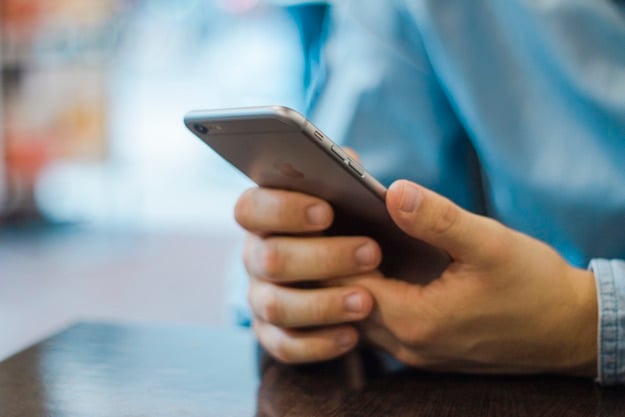Apple Slapped With Two Class Action Lawsuits For Throttling CPUs On Older iPhones
In fact, Apple has been hit by not one, but two lawsuits that are seeking class-action status. The first lawsuit was filed by Stefan Bogdanovich and Dakota Speas, both of which own an iPhone 7. The iPhone 7 was first launched in September 2016, and was subject to Apple's throttling mechanism in iOS 11.2. The lawsuit alleges that Apple is "purposefully slowing down older iPhone models when new models come out and by failing to properly disclose that at the time of that the parties entered into an agreement". The lawsuit goes on to claims that both Bogdanovich and Speas "suffered interferences to their iPhone usage due to the intentional slowdowns."

In addition, the plaintiffs indicate that because of "economic damages and other harm" that they are entitled to compensation from Apple.
A second class-action lawsuit was filed in Chicago against Apple for “deceptive, immoral and unethical” business practices. The lawsuit was filed on behalf of two iPhone users from Illinois along with residents from Indiana, North Carolina and Ohio. The lawsuit alleges that iOS updates (namely iOS 10.2.1 and iOS 11.2) “were engineered to purposefully slow down or ‘throttle down’ the performance speeds."
It's claimed that Apple's actions were nefarious and disingenuous, as iPhone users were misled as to the why their iPhones were actually slowing down over time. The lawsuit asserts that Apple "needlessly subjects consumers to purchasing newer and more expensive iPhones when a replacement battery could have allowed consumers to continue to use their older iPhones."
Apple officially addressed the controversy on Wednesday, writing, "Our goal is to deliver the best experience for customers, which includes overall performance and prolonging the life of their devices. Lithium-ion batteries become less capable of supplying peak current demands when in cold conditions, have a low battery charge or as they age over time, which can result in the device unexpectedly shutting down to protect its electronic components.
The company currently throttles the iPhone 6, iPhone 6s, iPhone SE and iPhone 7 when their batteries reach a less than optimal state, which could lead to unexpected shutdowns. The company has plans to implement this "feature" into future iPhones as well, which means that the iPhone 8, iPhone 8 Plus and iPhone X will likely be subject to such throttling with the release of iOS 12 in the fall of 2018.

